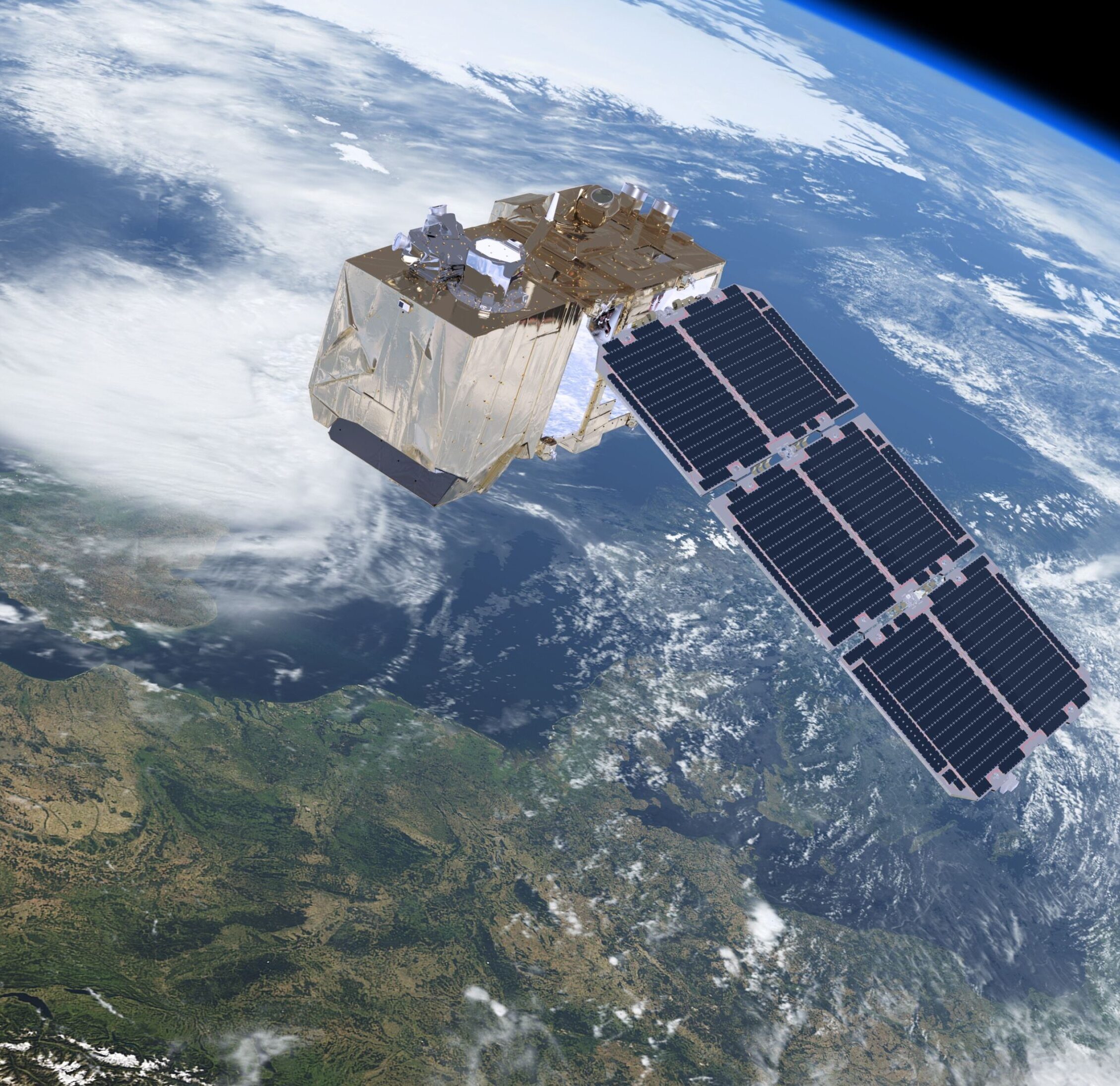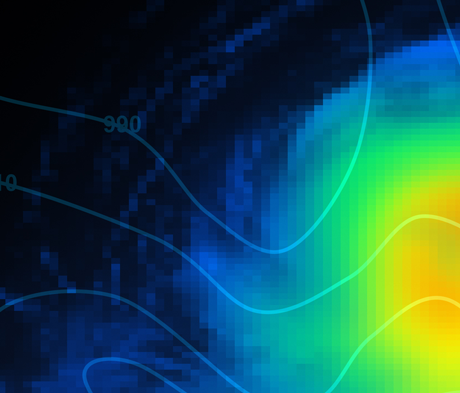
Our research
Introduction to our research

Earth observation (EO) satellites have a unique vantage point on the world enabling us to identify, review and track regional and global trends consistently, and to trace their influence across the planet. The National Centre for Earth Observation (NCEO) is the dedicated UK NERC centre that is responsible for delivering national capability in EO science.
At NCEO we harness data from satellites as well as aircraft and ground-based instruments to study the Earth System and its continually changing nature, ranging from variations in atmospheric composition to the carbon content of forests.
Our science programme covers a broad range of environmental science fields and has four principal focal points: global and regional carbon cycles with their complex linkages, terrestrial–atmosphere connectivity, from the biospheres of forests and deltas to the anthropogenic influences of agriculture and urbanisation, physical energy and water exchanges in the Earth system, and observations of global climate change.
We have major involvement in more than 20 multi-national satellite missions and space instrument teams, underpinned by remote sensing deployments in the field and in laboratories. NCEO is recognised globally for its work on EO satellites for civil purposes including scientific support to operational services such as Copernicus and meteorological agencies.



Data Assimilation
Data assimilation helps us make the most of our observations and our models by combining them in a mathematically optimal way.
At NCEO, we are developing cutting-edge techniques in DA to help strengthen scientific capacity in the UK. Our DA group, one of only a few large academic DA research groups in Europe, develops new mathematical data science approaches and bespoke DA systems for a broad range of science and applications.








